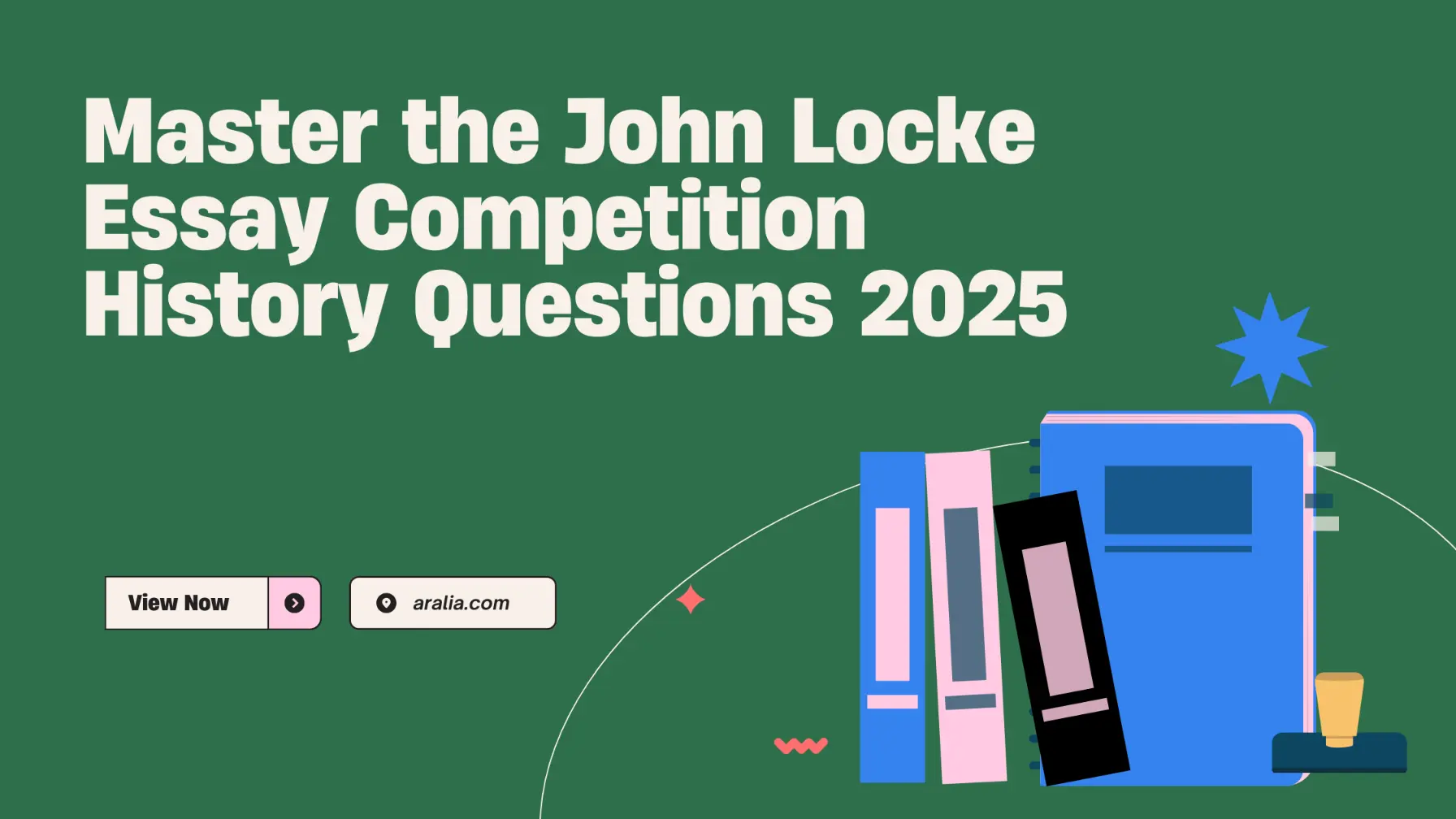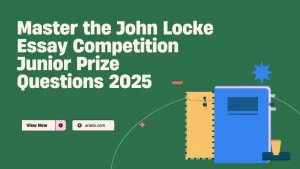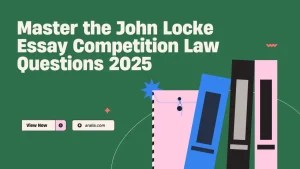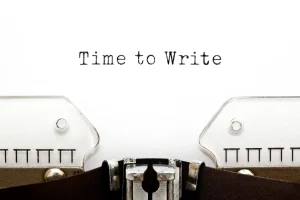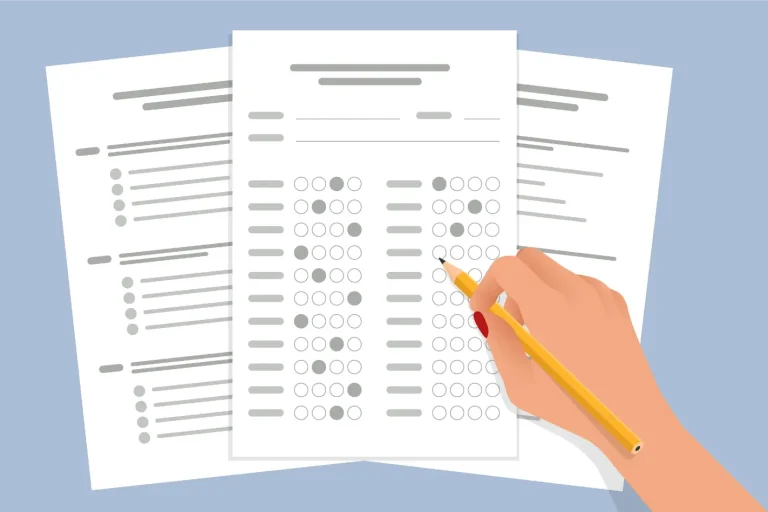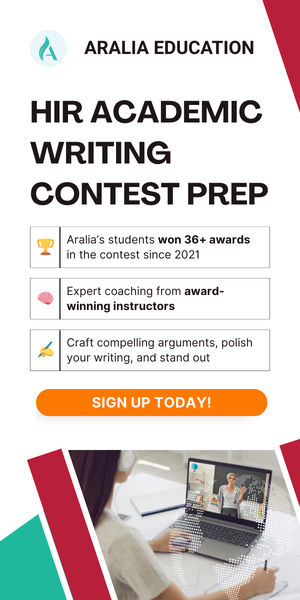New Topics, Extended Deadlines, and Key Changes from 2024
Unlock Your Writing Potential: Students in Our Writing Competition Preparation Class Are More Likely to Secure Awards
1. Understanding the Changes in 2025
The 2025 John Locke Essay Competition has adopted a new approach to its history questions by incorporating contemporary relevance and direct engagement with specific historical and modern figures. This shift reflects a broader trend of encouraging students to analyze history through the lens of present-day political and philosophical debates. There are two general themes underlying these questions: (1) the relationship between the ideas of prominent philosophers and the practice of politics in both the past and present and (2) the relationship between the individual and the collective.
2. John Locke Essay Competition History Questions 2025
Q1. According to Bertrand Russell, “Hitler is an outcome of Rousseau; Roosevelt and Churchill of Locke.” To what extent was he correct?
Q2. Should anyone be ashamed of their nation’s history? Should anyone be proud of it?
Q3. Which figure in history did most to enlarge human freedom?
Q1. According to Bertrand Russell, "Hitler is an outcome of Rousseau; Roosevelt and Churchill of Locke." To what extent was he correct?
This question invites students to examine the relationship between authoritarianism and democratic freedom. It explicitly refers to historical and contemporary figures, which differs from the prompts from previous years. Students must engage with Rousseau’s notion of the “general will” and compare it with Locke’s emphasis on individual liberty within a structured society.
To understand how to answer most effectively, students should thoroughly analyze every part of the question, including:
- The philosophical context of Russell’s statement.
- Rousseau’s and Locke’s political theories.
- The political landscapes of 1930s Germany, Britain, and the United States.
- How Hitler, Roosevelt, and Churchill interacted with public opinion and democratic principles.
The best advice for students tackling these questions is to move beyond repeating mainstream media narratives. Judges seek originality and nuanced perspectives on contemporary issues.
Q2. Should anyone be ashamed of their nation's history? Should anyone be proud of it?
The second history question this year explores national pride and shame, a topic highly relevant in today’s global discourse. In the United States, for example, educators navigate the challenge of teaching national history without inducing guilt over past injustices. The question indirectly references the debate surrounding “white guilt,” yet it also extends to the broader question of historical pride. Should individuals feel pride for a past they were not a part of? This issue remains central in many societies grappling with their histories, from truth and reconciliation efforts to nationalist pride movements.
This prompt requires a thorough exploration of national identity, historical memory, and personal responsibility. Students can approach this by considering the following:
- The role of truth and reconciliation commissions in Germany (post-Holocaust), South Africa (post-Apartheid), and Rwanda (post-genocide).
- The function of national memory in shaping collective identity.
- Cultural memory studies, such as David Blight’s work on the American South’s remembrance of the Civil War.
- Cultures that commemorate the past to protect a national or ancestral reputation.
It is also crucial to recognize that the question focuses on “nations” rather than empires or kingdoms, anchoring the discussion in the modern nation-state.
Q3. Which figure in history did most to enlarge human freedom?
This seemingly straightforward question presents a significant challenge, as it requires defining the concept of “freedom” across diverse historical, political, and cultural contexts. Students should:
- Define freedom through various philosophical lenses (including those of Locke, Rousseau, Hobbes, Sartre, and Confucius, among others).
- Explore historical transformations in the meaning of freedom from ancient China to modern democracies.
- Examine how freedom varies across different genders, social classes, and historical eras.
The 2025 Competition’s Complexity
The 2025 history questions require a deeper engagement with political philosophy and historical analysis than in previous years. This shift is likely the result of increased access to artificial intelligence (AI) and pushes students to provide original thoughts rather than AI-generated responses. It also suggests a rising academic standard, encouraging younger students to engage with college-level political theory.
These questions offer an excellent opportunity for students to refine their critical thinking and argumentative skills. Teachers should guide students in forming well-researched, original responses that go beyond surface-level interpretations.
By analyzing historical figures, philosophical debates, and the evolution of political structures, students can develop insightful essays that stand out in this highly competitive contest.
General Step-by-Step Guide to Develop a Strong Essay for John Locke Competition 2025
A compelling essay for the John Locke Competition requires more than just an insightful idea or persuasive argument. Before you begin researching and writing, it’s essential to understand the key evaluation criteria:
- Knowledge and understanding: Your essay should demonstrate a deep understanding of your chosen topic by engaging with relevant theories, historical contexts, and contemporary discussions. Judges look for well-informed perspectives that demonstrate thorough research and critical thinking.
- Competent use of evidence: Convincing arguments are built on high-quality research and reliable evidence. Utilize well-sourced data and journal research references to support your claims and make your argument convincing.
- Quality of argumentation: A well-structured essay is essential for guiding readers through your reasoning. Beyond using evidence, ensure that your arguments flow logically, with clear subtopics and supporting points that reinforce your main idea.
- Engagement with counterarguments: Addressing opposing viewpoints adds depth to your analysis. The best essays present robust arguments and anticipate counterarguments, address them fairly, and provide well-reasoned rebuttals.
- Originality, structure, writing style, and persuasive force: AI-generated content is strictly prohibited in this year’s competition. Your essay should showcase original thought, a clear structure, a compelling writing style, and persuasive techniques that engage the reader.
- Concision: Clarity and brevity are crucial. The strongest essays focus on the prompt and ensure that every word contributes to the argument. Be sure to follow the 2000-word count limit.
78% of Aralia Students Win Prizes in the John Locke Essay Competition
Expert-Recommended Steps to Craft a Competitive Entry
Read past prize-winning essays and learn from them: The best way to improve your writing is to learn from successful examples. Reading past winning essays will expose you to effective argumentative techniques, the use of evidence, and compelling writing styles. As you read, highlight phrases and arguments that stand out. Pay close attention to how writers structure their essays, engage with counterarguments, and incorporate external sources. Here is a link to a past winning essay to help guide your approach: John Locke History – Past Essay.
Analyze all prompts before making decisions: Think about ways to challenge or narrow the scope of the question to develop an original and compelling stance. Discuss your ideas with family members, teachers, or friends to sharpen your argument—if your idea sparks debate or disagreement, it’s likely a solid foundation for an essay.
Research your chosen prompt thoroughly: Once you’ve selected a prompt, dive deep into research. Familiarize yourself with the historiography of the topic by understanding key debates, influential scholars, and significant books or articles. Ensure that you address major perspectives on the subject. Rigorous research will add depth and credibility to your essay.
Organize your research before you begin writing: Before you start writing, organize your ideas and research to build a clear structure. Outline your thesis statement and break your argument into subtopics. Under each subtopic, list relevant data, compelling quotes, and key arguments to ensure a logical flow. This will help you effectively connect your research to your main ideas.
Start writing even if it’s not perfect: Most of us don’t know exactly what we want to say until we begin writing. Don’t aim for perfection in your first draft—just get your ideas on paper. Writing will help you identify weak evidence, gaps in logic, or unnecessary points. A rough draft is just the beginning, so don’t hesitate to revise as you go.
Make sure that there is evidence in every paragraph: A strong essay is built on solid evidence. Each paragraph should contain specific examples, data, or scholarly references to support your claims. More importantly, don’t just state evidence—analyze it. Explain how each piece of evidence supports your argument and relates to your thesis.
Edit, edit, and edit: Editing is the most crucial part of crafting a high-quality essay. No one writes a perfect essay on the first attempt. Revise your draft multiple times to improve clarity, strengthen arguments, and refine your writing style. Seek feedback from a teacher, mentor, or peer to gain fresh insights and help you identify areas for improvement.
Further reading:
Aralia’s John Locke Competition Prep
In this John Locke Essay Competition Prep course, students will learn the ins and outs of essay writing in preparation for entering the competition. We offer prep classes in all categories: philosophy, politics, economics, history, psychology, theology, and law. Students will choose one topic, compose an original thesis and argument, and write an essay for submission. They will engage in a guided analysis of primary and secondary sources, develop critical thinking skills, and discover novel insights. In addition to the group lecture classes, students will receive guidance on their individual projects from the instructor in one-on-one sessions.

John Locke Essay Competition Prep
In this John Locke Essay Competition Prep course, students will learn the ins and outs of essay writing, in preparation for entering the competition. We offer prep classes in all categories: philosophy, politics, economics, history, psychology, theology, and law. Students will choose one topic, compose an original thesis and argument, and write an essay for submission. Students will engage in a guided analysis of primary and secondary sources, develop critical thinking skills, and discover interesting insights. In addition to the group lecture classes, students will receive guidance on their individual projects from the instructor, in one-on-one sessions.

